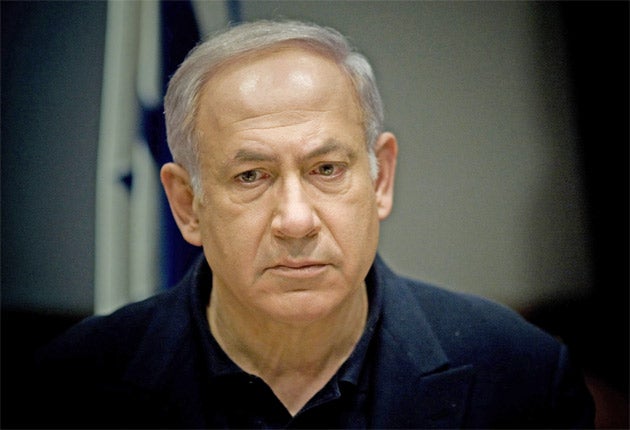Blame game begins after Middle East talks fail again

Palestinian negotiators yesterday blamed Israel – and to a lesser extent the US – for the latest serious setback for efforts to reach a peace deal while Israeli officials insisted they would nevertheless try hard to achieve an agreement.
The government of Israeli Prime Minister Benjamin Netanyahu appeared sanguine about Washington ending its attempts to persuade it to agree a second moratorium on settlement building in the West Bank.
But the Palestinian President Mahmoud Abbas, who had demanded such a freeze as the price of resuming direct negotiations, said there was no doubt the political process now faced "a difficult crisis".
As diplomats in Jerusalem and Tel Aviv mulled over US intentions after its abandonment of the strategy that has driven its peacemaking efforts for the last 18 months, the Israeli security cabinet announced, in a separate move, a new easing of the three-year-old blockade of Gaza by allowing the economically stricken territory to resume some exports. Tony Blair, who as envoy for the Middle East Quartet of the US, EU, UN and Russia, had pressed for the relaxation on Gaza exports, said that it was an "important step" towards revitalisation of the economy which would "help strengthen the legitimate private sector and alleviate some of the hardship faced by [Gaza] businessmen".
At the same time Mr Blair added: "There is, of course, still much more to do for the people of Gaza, not least in the area of construction, water and power and we will continue to move forward on these issues."
The most optimistic interpretation of the US decision on peace negotiations was that the parties would now be able to concentrate on the substantive issues between the two sides – possibly in resumed indirect talks – rather than the issue of current settlement building.
But Yasser Abed Rabbo, a senior aide to Mr Abbas, said of the US: "The one who couldn't make Israel limit its settlement activities in order to conduct serious negotiations, how can he be able to make Israel accept a fair solution?"
Saeb Erekat, the chief Palestinian negotiator, said that as a next step, the Palestinians would ask the international community to recognise a Palestinian state based on 1967 borders. He suggested that a nod from the Americans for this strategy – which the US has so far shown no sign of giving – was essential for getting negotiations back on track.
Ron Dermer, political adviser to Mr Netanyahu, said that the United States "came to the conclusion that the path [of seeking a settlement freeze] in the end was not bringing results". Instead, Israel was now building a new route back to the talks together with the Americans.
Meanwhile Hamas spokesman Sami Abu Zuhri said Israel's decision to end the Gaza export ban was "deceiving" because Israel still prevents many raw materials, those ones for construction, from reaching Gaza businesses.
But Omar Shaban, an independent Gaza-based economist said that the territory would greatly benefit from exports of Gaza's main industries of textiles, agriculture and furniture.
Join our commenting forum
Join thought-provoking conversations, follow other Independent readers and see their replies
0Comments